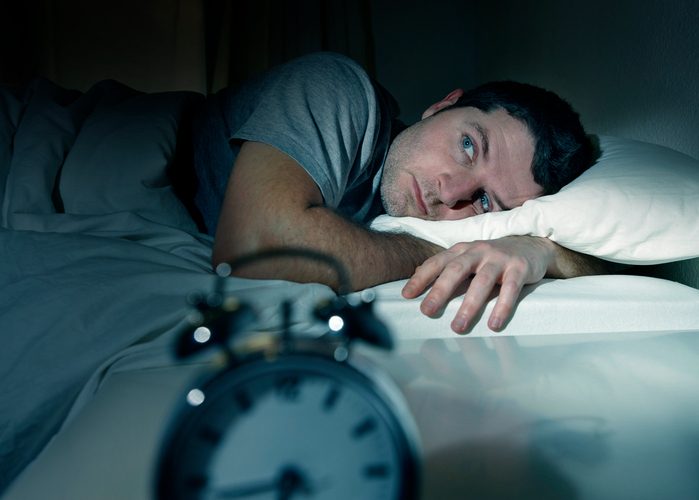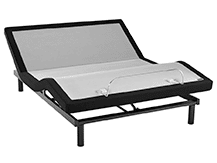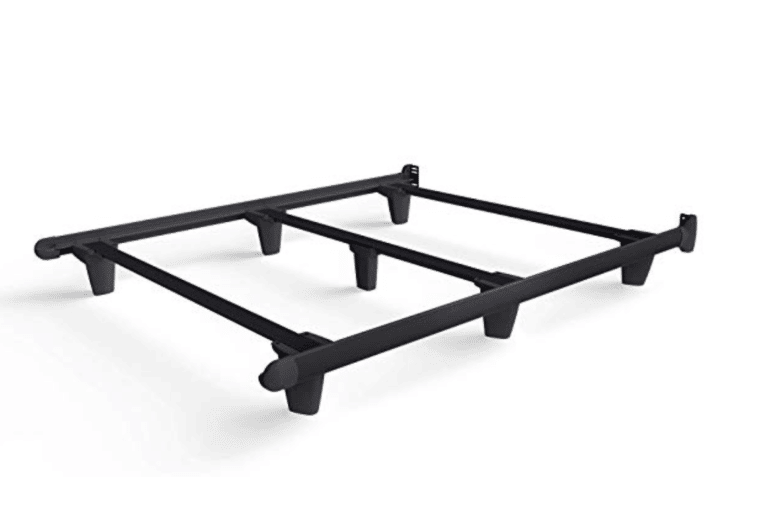
Your hormones impact your sleep cycle in more ways than most people realize. They are responsible for regulating all of your body’s systems, from your appetite and wake/sleep cycles to your growth, reproduction, and response to both physical and emotional stress.
Our hormone levels fluctuate naturally during the day, helping us follow a circadian rhythm that enables our body to both rest and engage when we need it to. If you’re experiencing trouble sleeping, it’s important to know what your hormones do while you’re sleeping and how you can help them.
Hormones are governed by the endocrine system, which, through its various glands and organs, controls the operations of our other organ systems. Each of our 50 hormones tells us when to eat, how to feel, when to wake, when to sleep when to reproduce, how to respond to injury or stress, and when to engage our fight-or-flight reactions.
Without hormones, our bodies would just be a system of organs that have no idea when to function or how to work in harmony with each other. The hormones people are most familiar with are estrogen, testosterone, progesterone, melatonin, cortisol, insulin, adrenaline, growth hormone, and thyroid hormones.

Most people who have researched ways to find better sleep will have come across research on the hormone melatonin. You might even have a bottle of melatonin in 1mg to 10mg tablets somewhere on your nightstand or bathroom cabinet. While the majority of your body’s hormones come from your pituitary gland, melatonin is naturally produced by the pineal gland in the epithalamus portion of your brain. In properly working hormonal systems, the body responds to darkness by producing melatonin, which tells the body it’s time to sleep. Melatonin levels begin to rise about two hours before bedtime and wane as your body prepares to wake.
These hormones are produced in your pituitary gland, which is located at the base of your brain below the hypothalamus region, where the pineal gland is. Estrogen and progesterone are produced in the pituitary glands of both men and women. However, they have a greater role in women and are responsible for regulating a woman’s menstruation cycle. Progesterone levels are highest during pregnancy and fluctuate during the course of a woman’s life as she reaches childbearing age, through pregnancy, and, finally, during menopause. The shifting levels of these hormones can have a significant impact on sleep quality during these periods. Because of hormonal changes during menstruation, pregnancy, or menopause, many women can experience sleep disruption and suffer from insomnia more frequently than men.

Commonly known as the stress hormone, cortisol tells your body to stay awake and alert. It is at its highest levels shortly after you rise when melatonin production begins to reduce. As bedtime approaches, they do a flipflop, and cortisol will fall, allowing melatonin to take center stage.
The impact of cortisol on initiating a sleep cycle in your body is one of the reasons that practicing good sleep health is important to getting a good night’s rest.
Dimming the lights, putting away electronics, avoiding vigorous exercise right before bed, and reducing exposure to other things that raise your cortisol levels is a great way to send the right cues to your brain that it’s time to wind down and start producing more melatonin. You can also use a split adjustable mattress like the Tempur-Pedic Luxe Breeze Hybrid for both sleeping partners to have ideal sleep conditions while in the same bed. Thus lowering your stress levels and increasing your quality of sleep.
Estrogen, progesterone, and testosterone are all hormones that can contribute to sleeplessness. Insomnia can cause higher hypothalamic-pituitary-adrenal (HPA) activity and increased cortisol production during the latter half of the day. This increase will make it more difficult for your body to rest.
Insomnia caused by hormones like estrogen, progesterone, and testosterone is usually temporary, but prolonged imbalances in these can lead to other sleep disorders such as sleep apnea.
If you experience regular insomnia and practice good sleep hygiene, you may want to seek out an evaluation with a doctor specializing in sleep disorders. Metabolic and adrenal disorders can also contribute to insomnia. Fatigue on the adrenal glands can cause hypoglycemia during sleep if there is not enough glycogen present in your liver for your body to function during sleep. When this happens, your body may begin eating its own muscle in a process known as catabolism.

When we are deprived of sleep, our body doesn’t get a chance to replenish itself, which can lead to some pretty miserable days and nights. Sleep regulates all of your body’s hormones, and without it, you can suffer from imbalances in many areas of your life. Poor sleep can have a profound effect on all of your body’s systems, both psychologically and physically. People who have been prescribed antiinflammatory steroids, like prednisone, suffer from sleep disturbances because it can lower testosterone levels. It’s important that your mattress is suitable for your body type so that your mattress will work with your hormones rather than against them.
Our passion is your sleep, and we strive to help each and every customer find the sleep they need to live well and thrive. At Mattress World Northwest, we take pride in our mission to provide you with the best possible surface to support your body for a night of disturbance-free rest. Our sleep specialists are here to listen to your concerns and can offer useful tips on a variety of ways that you can improve your sleep health. Call us today or find a location near you.
While you can't go wrong with any of our mattresses, here are a few factors you'll want to consider before making a purchase: your sleep position (and if you have a partner, theirs as well), the size of the space, and a price point. If you have any questions, rest easy knowing that our team is happy to help you find that perfect fit.
| Size | Dimensions |
|---|---|
| Twin | 38″ wide x 75″ long x 9.25″ tall |
| Twin XL | 38″ wide x 80″ long x 9.25″ tall |
| Full | 54″ wide x 75″ long x 9.25″ tall |
| Queen | 60″ wide x 80″ long x 9.25″ tall |
| King | 76″ wide x 80″ long x 9.25″ tall |
| Cal King | 72″ wide x 84″ long x 9.25″ tall |
| Split King (2pk) | 38″ wide x 80″ long x 9.25″ tall |
Mattress World Northwest makes it easy to choose the right foundation for your space and lifestyle.



Reliable support for your boxspring and mattress.
